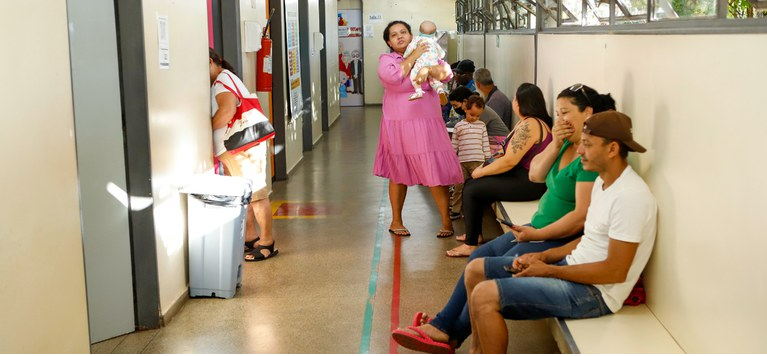Brazilian Ministry of Health Expands Regulation to Reduce Wait Times in SUS (Public Healthcare System)

the Brazilian Ministry of Health establishes the mandatory and periodic submission of data on requests for procedures and referrals to specialized services to the National Health Data Network (RNDS). The Ministry has introduced new guidelines for healthcare regulation within the SUS (Unified Health System), Brazil's public healthcare system, reinforcing transparency, organization, and efficiency in serving the population.
The initiative aims to ensure a more agile and digitized flow of information regarding regulation, benefiting both managers and citizens who rely on SUS, the country's public health services.
Modernization and Standardization of Data
Records will be organized according to the Healthcare Regulation Information Model (MIRA), established in 2023. The digitization of processes will allow for greater control over the demand for specialized care and contribute to reducing patient wait times within SUS.
Data transmission will occur through systems already used by SUS, as well as other platforms integrated into the RNDS. Health departments with their own systems will need to ensure compatibility with the national network.
Benefits for the Population
With the improvement of the regulation system, it will be possible to optimize the provision of health services within SUS, reducing wait times and ensuring greater predictability for patients and healthcare professionals. Additionally, the Brazilian Ministry of Health reaffirms its commitment to the security and privacy of user data, in compliance with the General Data Protection Law (LGPD).
The new rule stipulates that data must be sent regularly, without the need for additional actions by health departments in already integrated systems. Furthermore, the Ministry will be responsible for maintaining and updating the technological platforms.
Impact on Public Health Management
The measure also encourages state and municipal managers to adopt best practices in regulation, making the process more efficient and transparent within SUS.
In 2024, the Brazilian Ministry of Health recorded a historic number of elective surgeries in SUS: over 14 million procedures were performed, a 37% increase compared to 2022. The National Queue Reduction Program (PNRF) was one of the drivers of this result, with an expansion of priority surgeries, reaching 1.9 million procedures in two years.
The full implementation of the new guidelines will be detailed in an operational plan to be defined in collaboration with states and municipalities within the next 30 days.



